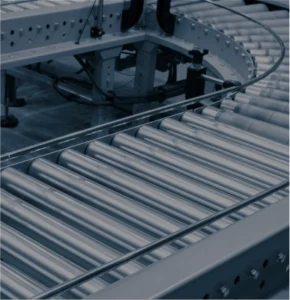Last week, Hannover Messe showcased groundbreaking innovations shaping the future of manufacturing. The focus on Digital Twins, Robotics, and AI highlighted their growing importance across industries.

Here are the key trends and developments that stood out.
Digital Twin Innovations
The fair featured numerous Digital Twin solutions, emphasizing virtual commissioning and real-time manufacturing services:
- Delta Electronics presented a Digital Twin for virtual commissioning of robotic gluing cells, enhancing automation efficiency.
- An open-source initiative by IDTA (Eclipse Foundation) garnered attention for advancing accessibility in Digital Twin technology.
- Circularity emerged as a critical theme, with contributions from Fraunhofer or Schneider promoting sustainable manufacturing practices. These projects spanned sectors such as food production and automotive component recycling.
- Siemens showcased a wind tunnel simulation using Digital Twin and AI technologies, it demonstrates the potential for advanced testing methods.
AI driving innovation
AI applications in manufacturing were prominently displayed, extending beyond traditional machine learning:
- The importance of Explainable AI (XAI) and Certified AI was highlighted, reflecting the industry’s commitment to transparency and reliability.
- Schneider utilised AI in plant-based milk production to optimise processes, ensuring consistent sugar content—an example of machine learning automating complex tasks.
- DFKI‘s AI solutions included temperature configuration analysis for heating systems and quality assurance for car body construction, combining image analysis, sensors, and Digital Twin technology.
- Robotics-integrated AI applications also introduced explainability for tasks such as detecting assembly errors and automating quality checks.
Robotics and AI convergence
The robotics exhibits presented diverse applications:
- Project ROX demonstrated process automation.
- Siemens unveiled projects combining robots with virtual PLCs, powered by AI and large language models (LLMs). One application involved assembling toys based on customer instructions via a digital interface.
Hannover Messe proved that the synergy of Digital Twins, AI, and Robotics is transforming manufacturing. These technologies not only enhance efficiency but also pave the way for sustainable and innovative production solutions.

























